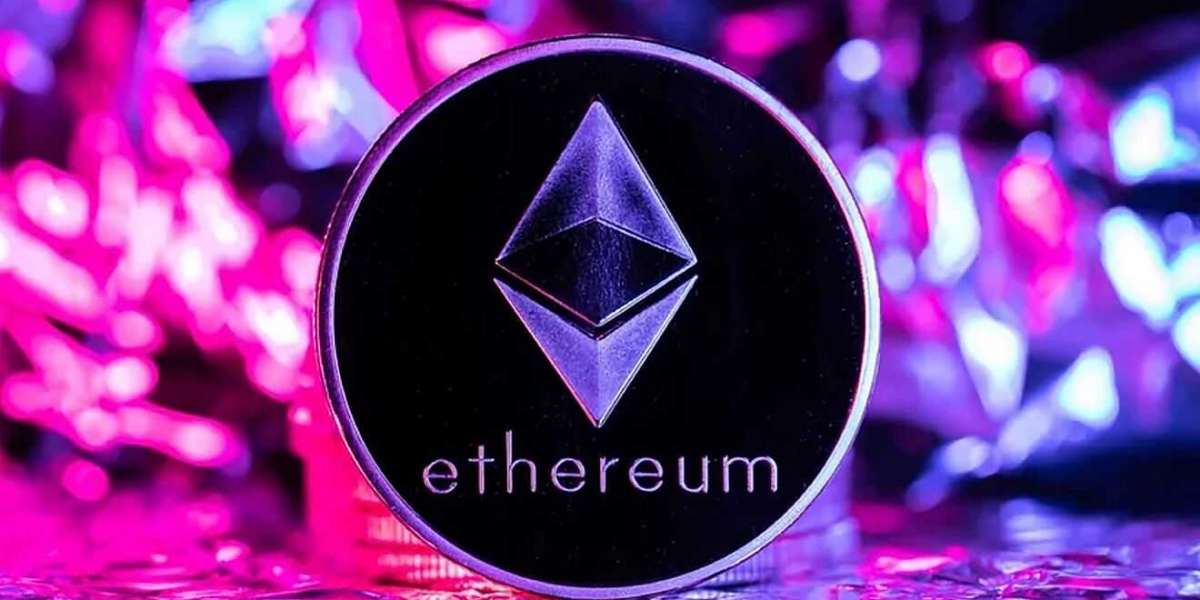As illustrated in the chart above, Ethereum is currently trying to turn a critical price level into a support. Should this endeavor prove to be a success, the world’s second-largest cryptocurrency by market capitalization can then attempt to wrestle with the next major resistance around the $2,200 – $2,460 price level.
As a refresher, Ethereum is slated to transition to a Proof-of-Stake (PoS) transaction authentication framework with the upcoming “merge” event, which will see the Ethereum mainnet becoming a shard on Ethereum 2.0’s Beacon Chain.
Under a PoS transaction authentication mechanism, validators are given the opportunity to authenticate blockchain transactions based on the amount of Ether coins that have been locked or staked in dedicated nodes. In contrast, under a Proof-of-Work (PoW) framework, as is the case with Bitcoin, miners win the right to authenticate transactions based on the amount of energy expended to perform complex computations.
Ethereum is now set to undergo its last major merge test before the merge event. Should the Goerli test conclude without a major hiccup this week, it would pave the way for Ethereum to smoothly transition to a PoS framework.
READ MORE:
AMD Ryzen 7000 Zen 4 Desktop CPU Ryzen 9 7950X, Ryzen 9 7900X Ryzen 7 7700X
Rumor claims new purple color for iPhone 14 and iPhone 14 Pro, same storage options, 30W charging
Nonetheless, all the excitement around the merge event is currently manifesting itself in a weird anomaly. To wit, the 7-day moving average of Ethereum’s transaction fees is currently at the lowest level in at least a year, as measured by The Block.
This anomaly can be explained by a lack of demand from Ethereum users as the mainnet prepares to join the Beacon Chain, heralding a dramatic reduction in the network’s energy consumption. Just look at the 7-day average of Ethereum’s adjusted on-chain volume, which is approaching 2020 activity levels.
Readers should note that the merge will not resolve Ethereum’s high transaction fee issue. This issue will be tackled via the sharding initiative that is slated to go live in 2023. Currently, Ethereum’s prohibitively high gas fees are a direct function of its limited transaction throughput of around 30 transactions per second (TPS). Under sharding, the entire Ethereum network will be eventually broken down into distinct pieces or shards, with each shard hosting its own authenticators and an independent state consisting of a unique set of account balances and smart contracts. Under this mechanism, every Ethereum node will no longer be required to retain a full copy of the Ethereum ledger.
This means that only some authentication nodes – those that reside within a particular shard – will deal with a specific batch of transactions, freeing nodes on other shards to tackle a different batch of transactions. Within each shard, notaries will be picked randomly to periodically vote on the validity of the resulting shard blocks. These votes would then be reviewed by a committee on the main Ethereum blockchain (Beacon Chain now) and merged via a sharding manager contract.
Version 1.0 shard chains won’t support smart contracts or handle transactions, providing only additional bandwidth for transaction processing instead. Version 2.0 chains are expected to host their own smart contracts and account balances. These chains would also process their own transactions. It should be noted, though, that the fate of version 2.0 shard chains is still uncertain.
READ MORE:
AMD Ryzen 7000 Zen 4 Desktop CPU Ryzen 9 7950X, Ryzen 9 7900X Ryzen 7 7700X
Rumor claims new purple color for iPhone 14 and iPhone 14 Pro, same storage options, 30W charging
Coming back, there is growing evidence that institutions are paying attention to Ethereum’s merge event. As per a report by Coinshares, Ethereum saw inflows of $16 million last week, constituting nearly 7 consecutive weeks of inflows cumulatively worth around $159 million.



